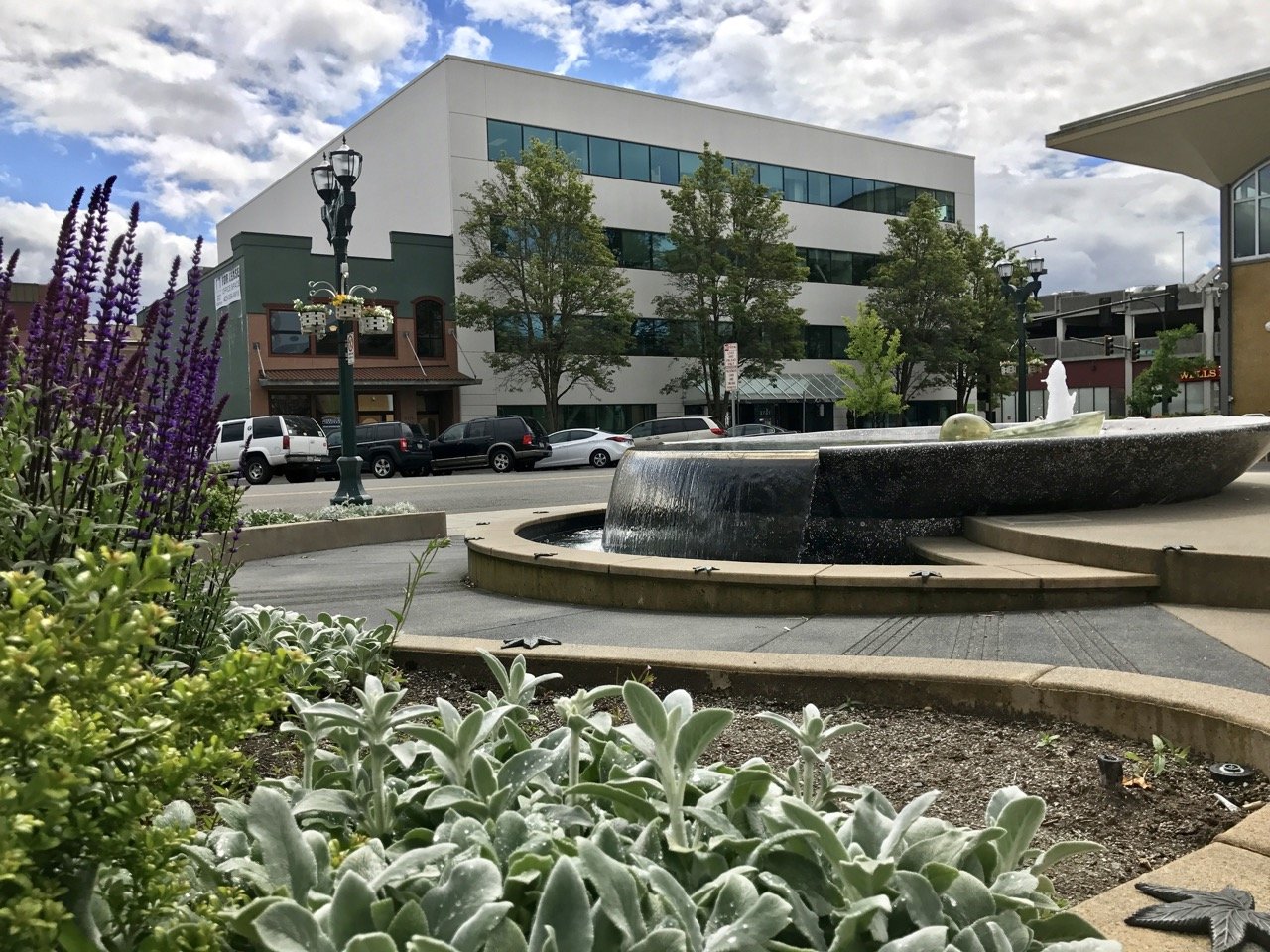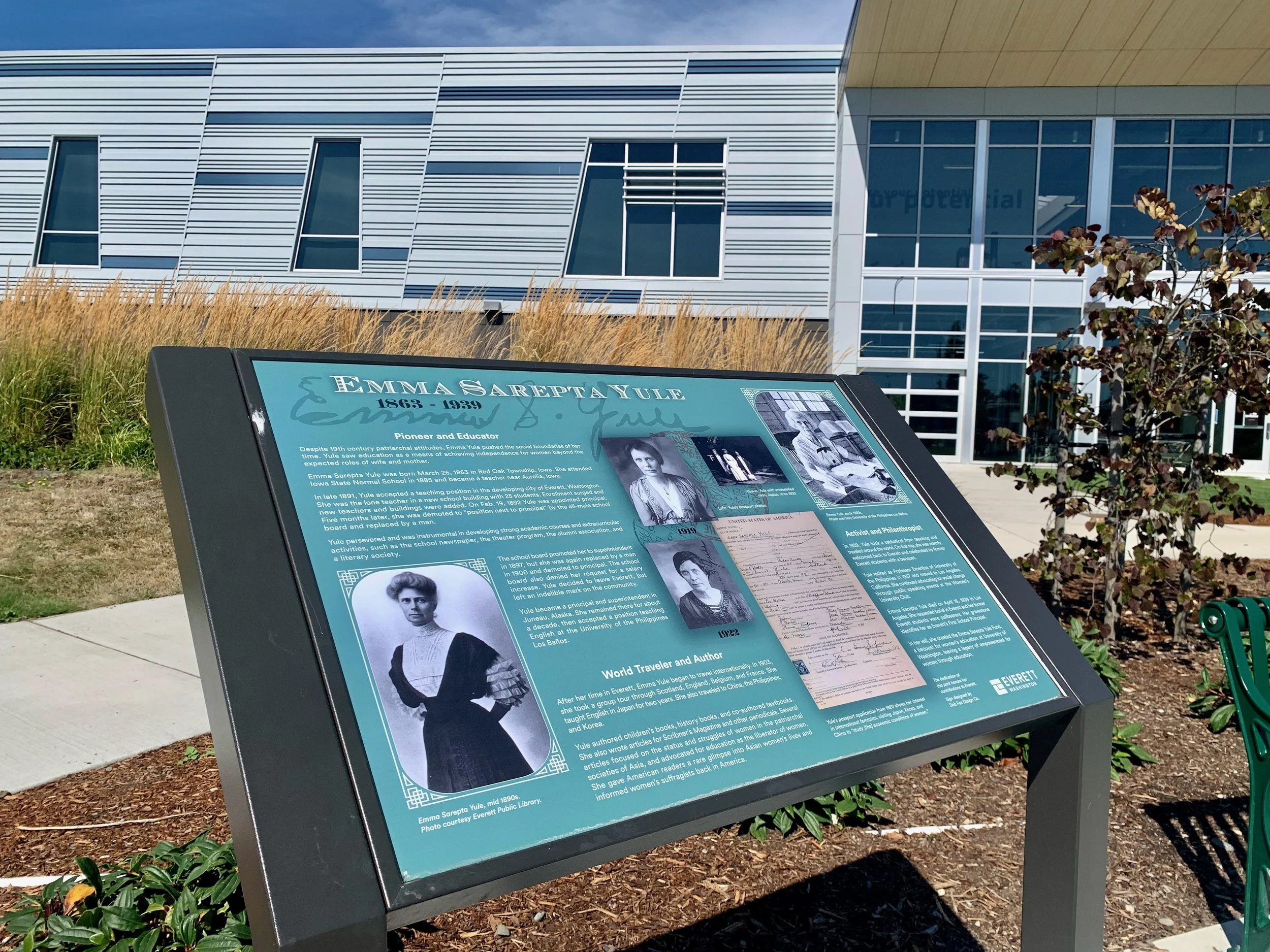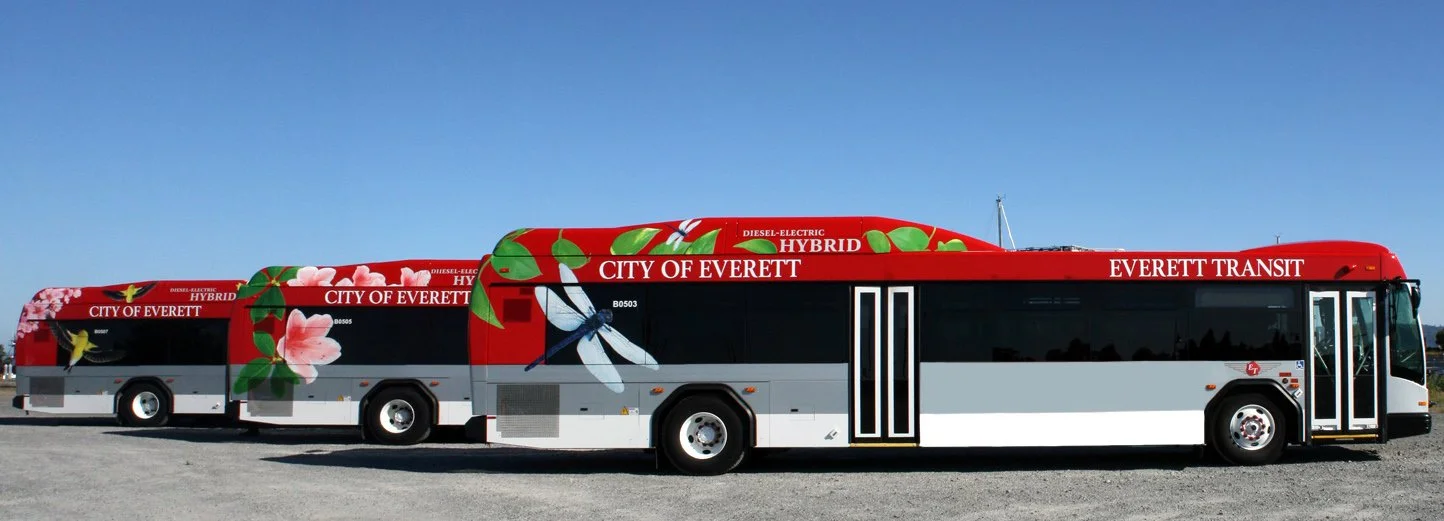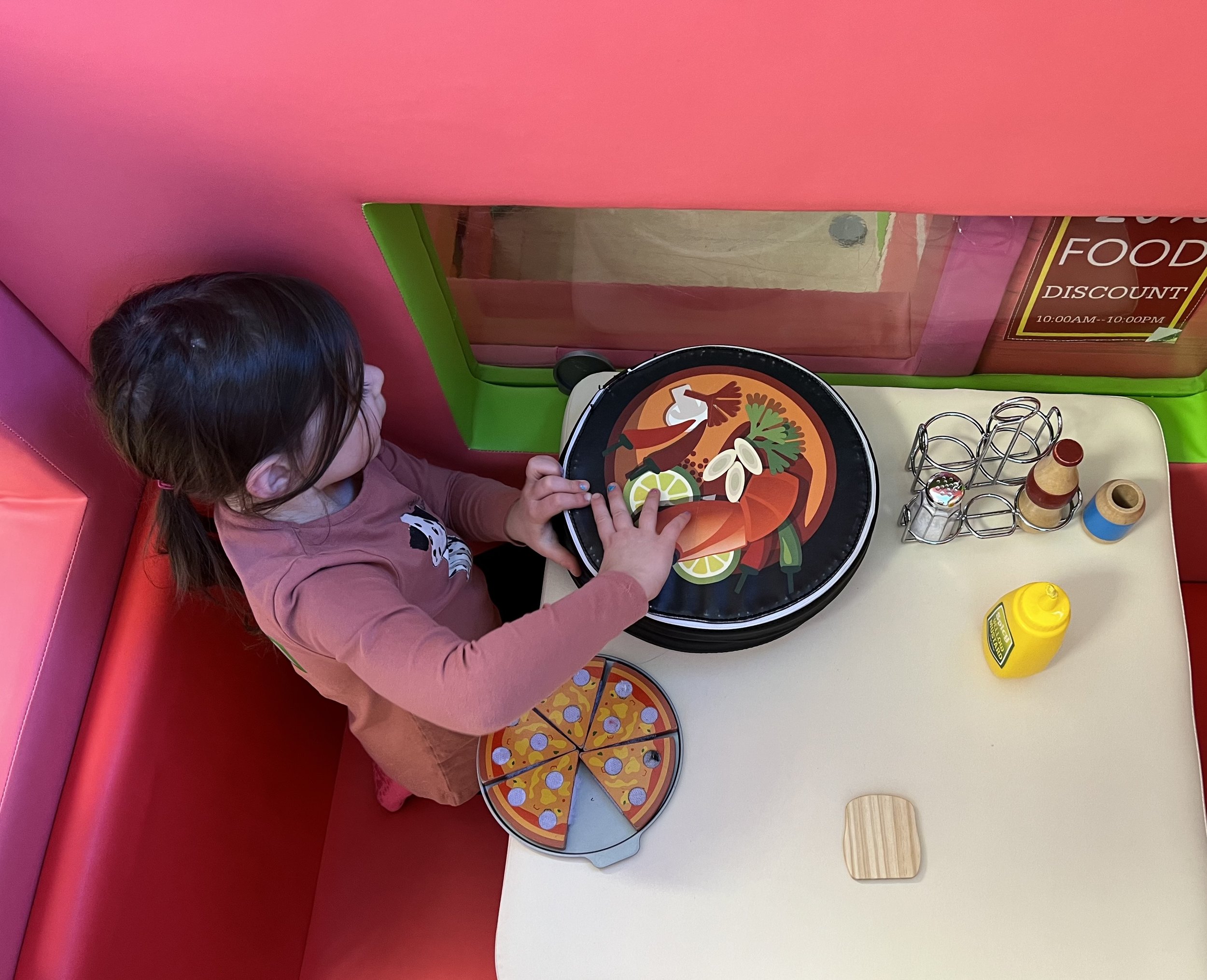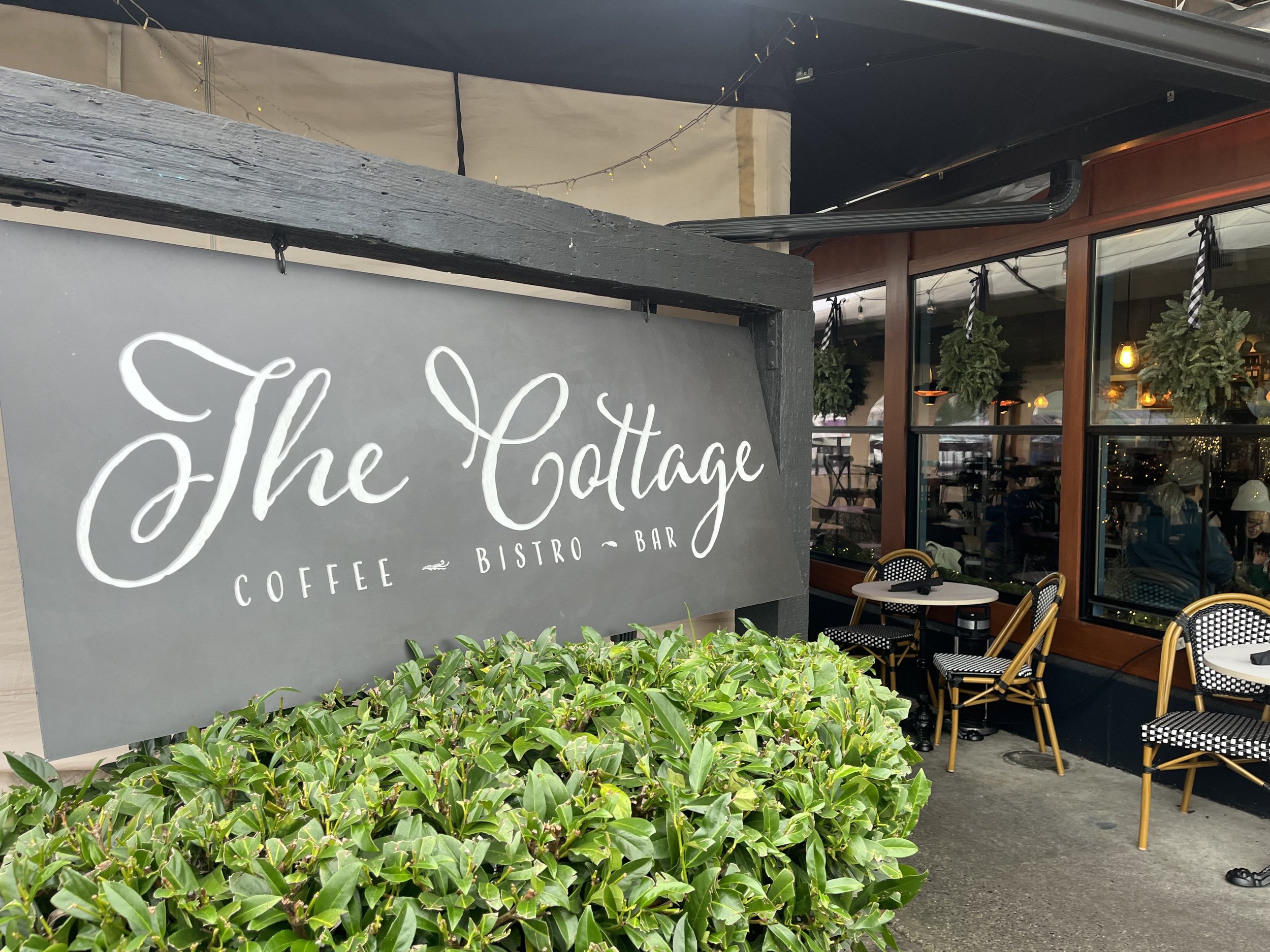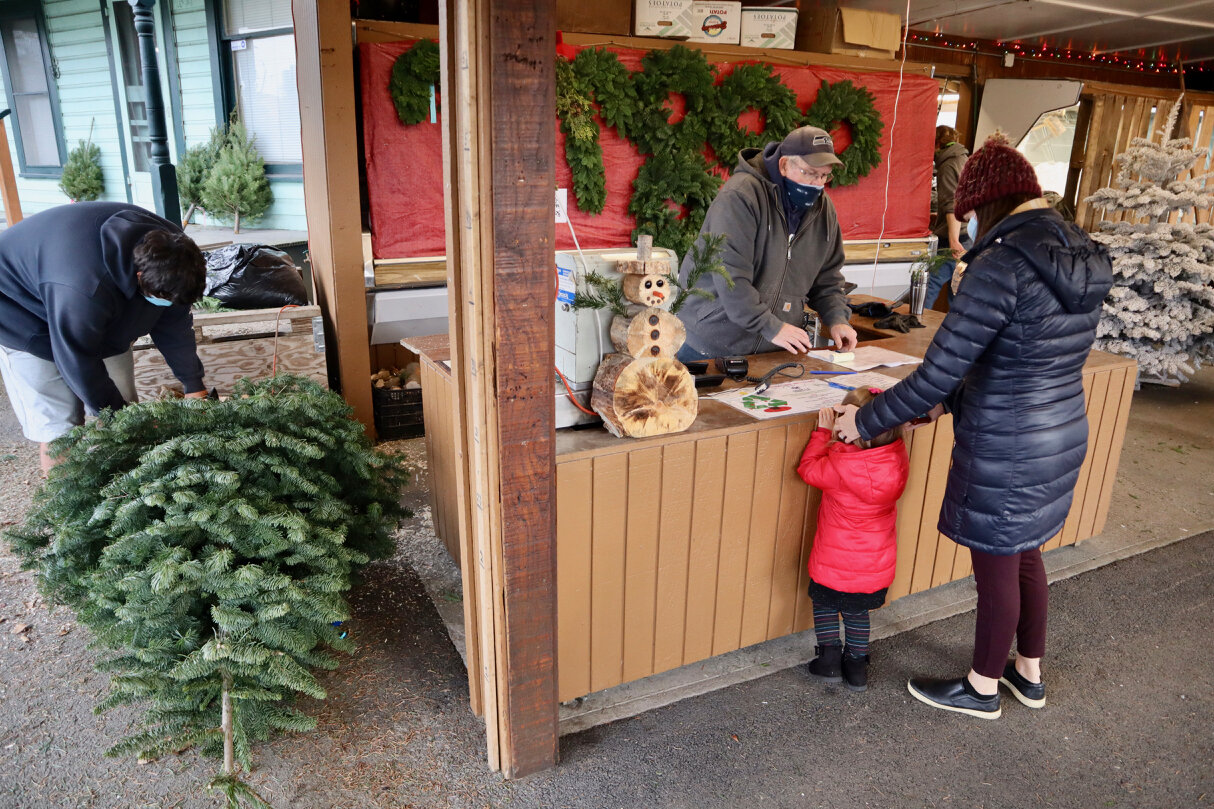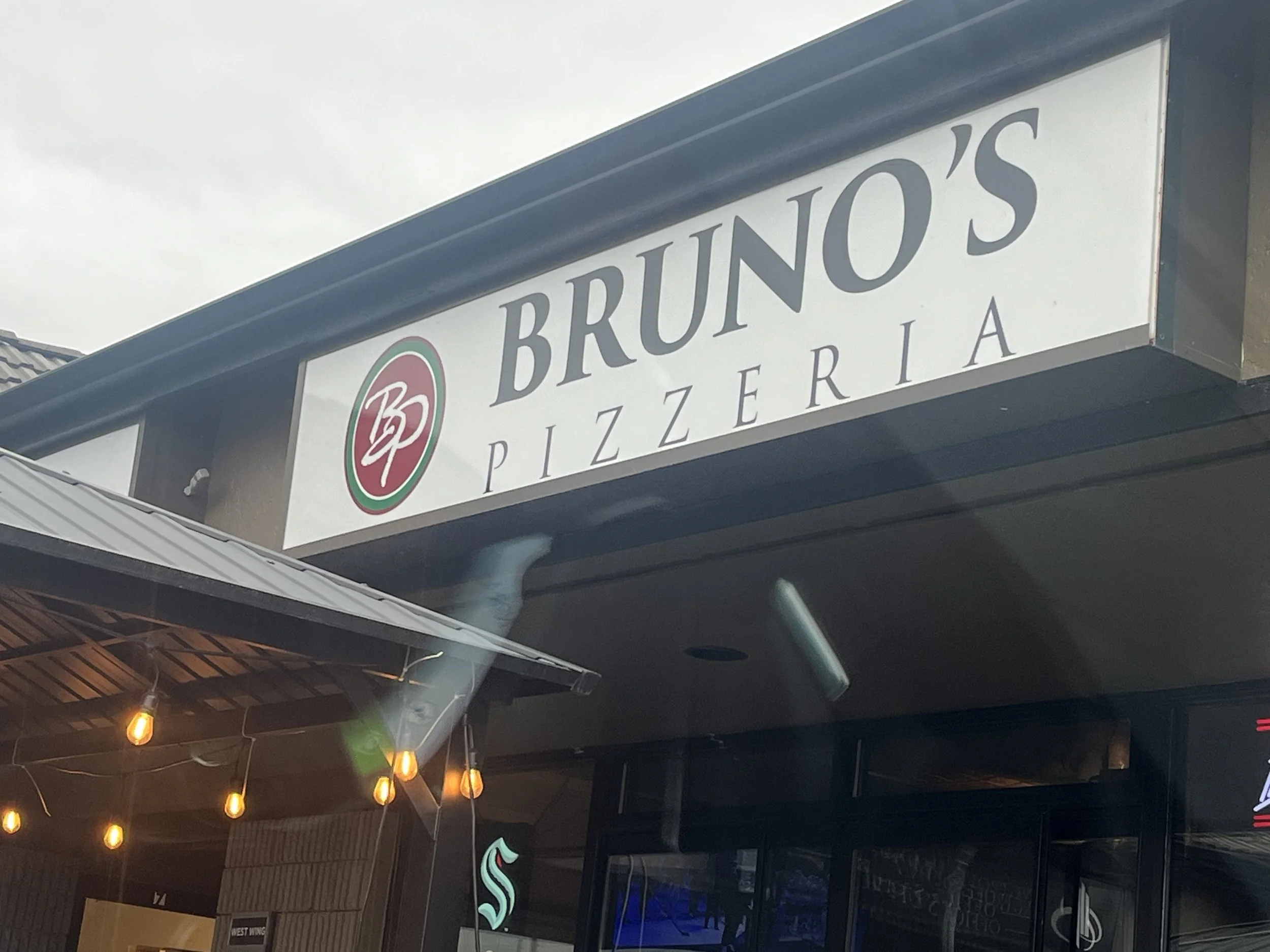On the October 23rd meeting, the Everett City Council determined the next steps on the 1301 Lombard Ave. property, also known formerly as the Wait’s Motel.
We wrote about the decision to purchase this condemned property back in January, and October 9th was the first time the City’s plan was presented to the Council as a quasi-judicial process, which restricted conversation between staff and Councilmembers and ensured that Councilmembers disclosed all conversations related to their vote. The introduced plan was to adjust the zoning to a Neighborhood Business (NB) zone to allow a 3-floor limit so a townhouse project of 16 units could be built on this site.
Comments from the public at both meetings supported the zoning change and the inclusion of housing and had concerns regarding other aspects of the process. Some noted the efforts of law enforcement, others emphasized that many of the concerns neighbors had were based on Compass’ programs and operational procedures, while others noted they preferred townhomes to high-rise complexes. Other comments were critical of the City’s process, including that some individuals died during the relocation process and many former residents of the Wait’s Motel did not feel supported in those relocation efforts according to the expectations given at the time of purchase.
Council discussion at the October 16th meeting included concerns that the City’s committees were not utilized to their fullest potential, and the lack of exploration into options for what could be put on this property (for example, senior housing came up as a potential choice). Discussion at the meeting on the 23rd included brainstorming other proactive safety measures - such as tree-trimming, lighting, the Snohomish County Jail release procedures, and even having Compass Health come to a Council Meeting so that they can better partner with law enforcement and other organizations to provide more cohesive care. Councilmembers also asked for more information about the next steps and noted that some specialization may be necessary for some areas of the City as growth continued.
Additionally, to address some of the community comments that had been received, and on behalf of the Mayor, Community Support Manager Kelli Roark shared some information regarding relocation efforts and Chief DeRousse provided updates regarding law enforcement’s response to activity in that neighborhood.
Ultimately, the ordinance passed with one dissenting vote from Councilmember Vogeli and additional details related to the next steps were provided at the October 30th meeting. At this meeting, Councilmember Fosse also requested to send this meeting’s resolution (which starts the process of finding a buyer) to the Built Environment Committee for more guidance (which the Council agreed to before passing the resolution).
Watching the City Council meetings as this unfolded, what was illuminated for me was this sense that there is a gap between stated intention and actual impact in our City. Regarding this property, there was an expectation that, before a plan was brought to the Council for a vote, multiple options would be reviewed, committees would be fully utilized, and, even before that point, vulnerable individuals needing relocation would be fully supported in that process. Despite many people’s best efforts, it doesn’t appear like these, and other expectations, were met and this lack of transparency is likely to impact collaboration moving forward.
That said, this gap doesn’t have to persist - there was the agreement to gather input from committees and community members after the ordinance passed and we, as neighbors, can get involved with how our City develops every day, not just at the ballot box. We can share public comment at Council meetings, get involved in our neighborhoods, and even volunteer on a committee or with a local group. It’s when we use our voices consistently and show up in our community that we can build neighborhoods that grow proactively and according to our needs, and we all have the potential to help with that process.

Angela Di Filippo currently works in State Social Services and recently earned her Masters in Industrial/Organizational Psychology with extensive training in evidence-based leadership coaching. Angela moved from North Carolina to Washington 6 years ago and has proudly called Everett her home for 5 of those years. When not helping others solve problems in creative and strength-driven ways, Angela enjoys her time painting, hiking with her terrier-mix, Indy, and eating waffles.

We head to one of the best Christmas light displays in the city in this spot check.
Over 50 feet tall, and it just keeps growing. This is Everett's Christmas tree.



